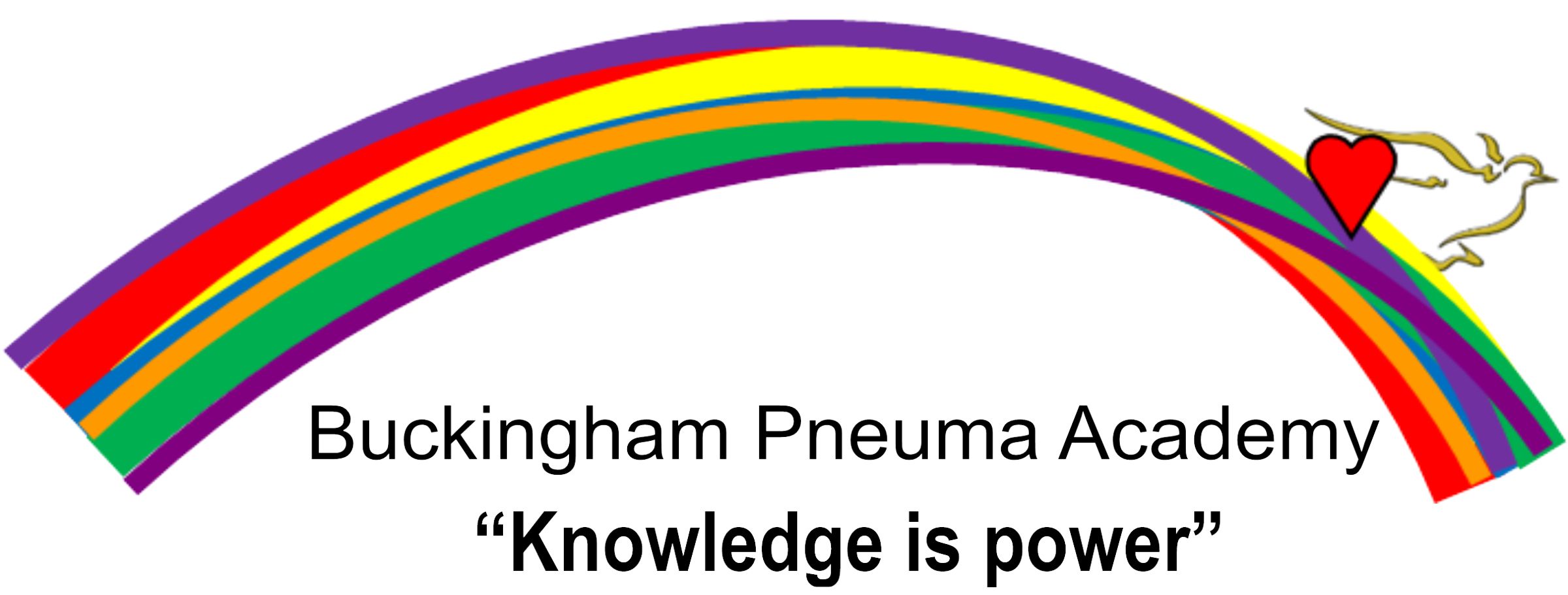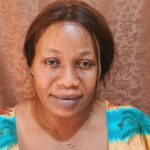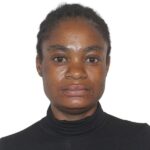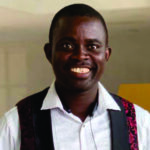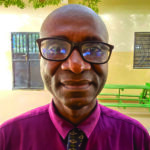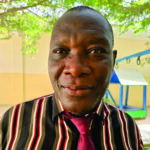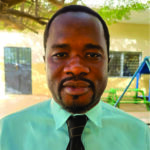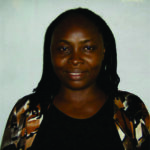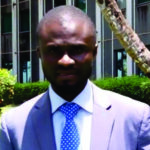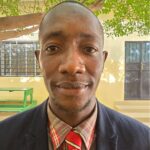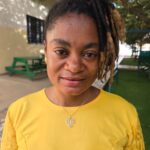Call Us At: +2203048747 | Email Us: bpagambia@buckinghampa-edu.com | Click On The "Contact Us" Button send Us Your Thoughts.
About us
OUR TEACHING APPROACH
Play is children’s work: they learn through play, and providing opportunities for high quality play is important. Our staff will use their skills and creativity to organize activities and interact with babies and young children so that they learn as they play.
Play is a complex concept that requires trained staff with an ability to assess the needs of each child to identify the stage that individual children have reached. Play allows for mistakes, caters for those who learn more quickly or slowly, and disregards gender, race or creed.
Play- children’s work
Child friendly environment
Learning
Lifelong learning starts at birth. Babies and young children are active learners. They learn mainly through using their senses and experiencing things at first hand. Each day, we will offer your child a planned programme of activities, adapted to their needs and designed to give them the best possible start in life. As our staffs interact with your child, they make observations and assessments which they share with you, keeping you informed of your child’s physical and intellectual growth and development. We work in partnership with you to foster a love for learning in your child.
Babies and Toddlers
Our rooms focus on a sensory approach as the sense of touch is key in the early stages of developments. Babies and toddlers explore materials, objects and educational toys while closely supervised by our staff. They play with paint, sand and water and enjoy discovering, grasping, rolling and looking at interesting objects. At this stage in their lives children spend much time on or near the floor. Equipment and displays are placed at this level so that they can see, touch, feel and investigate their environment close up. Ceilings are covered with hanging, eye-catching objects as children spend time on their backs looking up. Appropriate books are available for babies and toddlers to look through with staff, providing early speaking and listening skills. Listening to sounds, music and rhymes encourage speech and language development. Play is focused on helping your child develop self-care skills, as well as encouraging independence.
Pre-school
Our pre-school environment is organised around the six areas of the foundation stage curriculum. Although this is a time when most children need a more structured approach to their development, they still need to learn through play-based activities. Numeracy is achieved through singing rhymes, playing in the imaginative play area, using sand and water to measure and weigh, counting everyday objects and taking part in games and directed activities with adults. Using Information Technology is also an integrated part of the offered curriculum. Social events such as eating and playing together, as part of a group, support children as they move from a nursery environment into a reception class.
Interesting practical opportunities to develop numeracy and literacy skills are part of our everyday programme. Children are encouraged to spend time with books- alone, with friends, or listening in a group- to learn the shapes, sounds and names of letters.
Our Teachers
(
SCHOOL PROTOCOLS
Primary school
The children at BPA follow the British National Curriculum. Our staffs are encouraged to refer to it as they plan their daily work with your child.
Parents are encouraged to invest time at home- talking about home work, reading together, playing games- will help your child achieve all through nursery, primary and secondary school.
Classes
Class sizes vary between 12-15 with one teacher per class and in some cases a teacher and a class assistant. Children are not grouped according to ability.
The curriculum focuses on the core subjects of Mathematics (Daily Mathematics Lesson), English, (including Literacy Hour) and Science.
Reports
Reports are given annually. They include comments on each subject studied. Once a term parents can meet with teachers to discuss their child’s progress and have a look at their work.
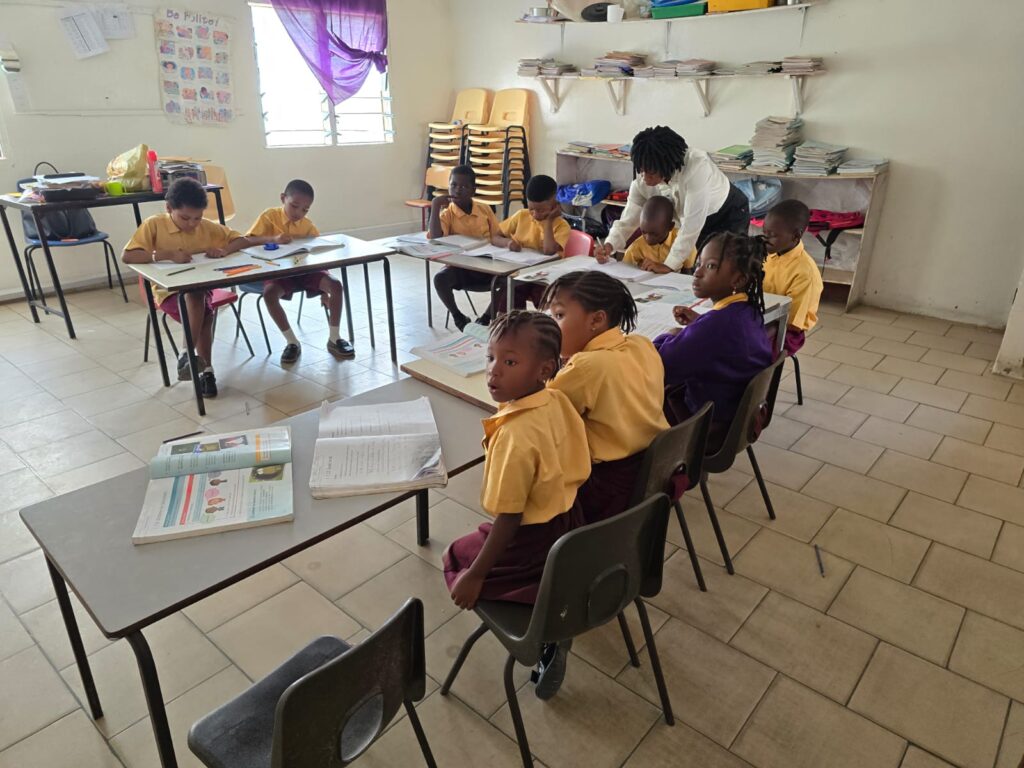
SCHOOL PROTOCOLS
Equipment and books
The school provides books and stationary. Parents are welcome to donate any item of stationary to help us keep our costs down.
Lateness and Absence
We expect good standards of punctuality and children who arrive late often miss assembly or teaching time and would have to report to the office where they would be registered as late.
When a child is absent from school, the school should be contacted as soon as possible. Teachers are very concerned about your child and a lot of time can be used up in trying to enquire about the welfare of your child.
Sickness and medication
If a child is ill they should be kept at home. However, sometimes a child might have recovered from the illness but still has to complete the course of treatment or has to permanently keep medicines in school. If this is the case all medicines MUST be handed into the school office for safe keeping. They should be clearly labelled with the child’s name and dosage required. Different arrangements may be made for asthma sufferers who need to keep their medication close to hand. Parents/careers must make arrangements with the class teachers for the dosage of these medicines.
Children with diarrhoea and vomiting should not return to school at least 24 hours after the last occurrence.
Any child suffering from conjunctivitis will be excluded from school and should not return until the infection has completely cleared.
School Uniforms
The prescribed school uniforms must be worn at all times. Parents/careers are encouraged to clearly mark the clothing with the child’s name. Plain black flat shoes and plain white socks are expected to be worn at all times.
Jewelry
No Jewelry may be worn except small studs for those children with pierced ears. No responsibility can be taken for those or for watches.
Toys
Personal toys are not allowed in school.
School lunches
Parents/careers providing a packed lunch for their children are asked to bear in mind the need to provide a balanced and healthy meal.
.
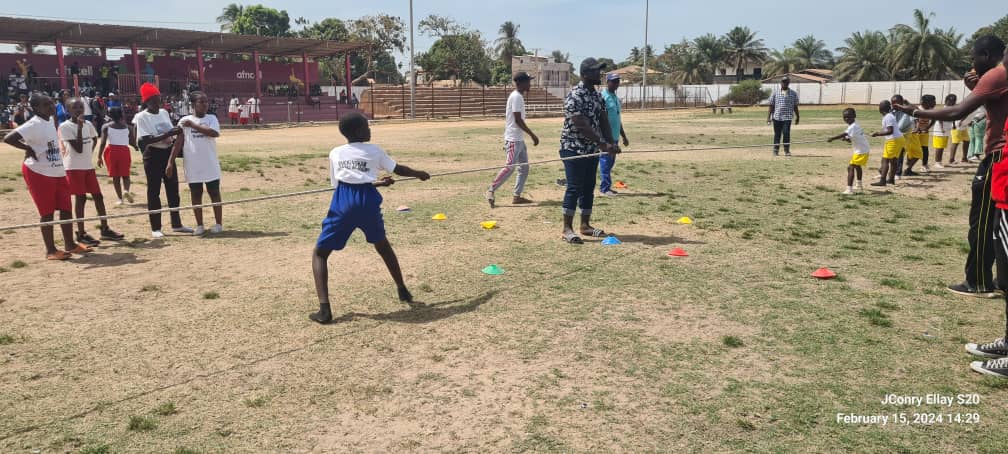
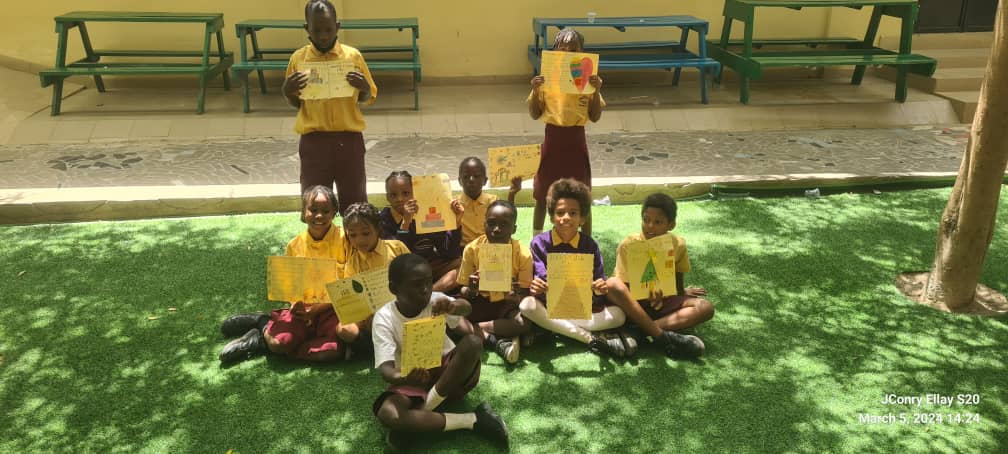
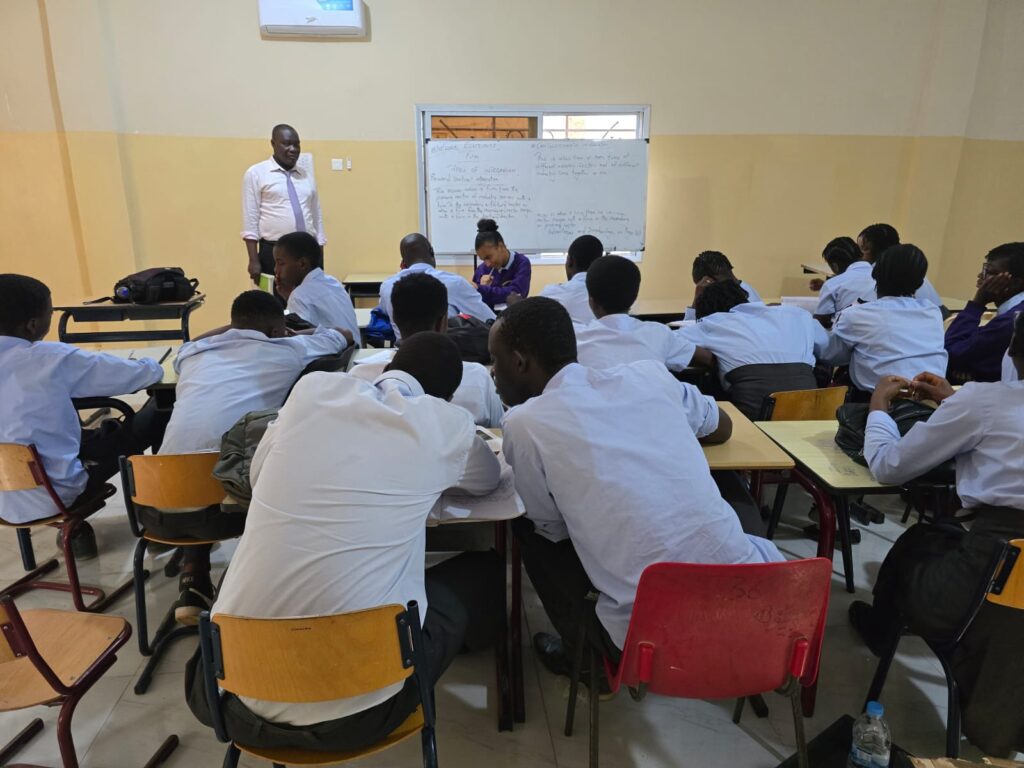
SCHOOL PROTOCOLS
SCHOOL PROTOCOLS
Sweets
Sweets and fizzy drinks are not permitted in school. Children are offered bottled water throughout the day.
Good behavior
Like all good schools we insist on politeness and courtesy from our pupils. Incidents of rudeness, violence or damage are viewed with extreme concern and dealt with accordingly. In the first instance this may involve children missing their playtimes. Should such an incident re-occur then parents would be asked to come to school to discuss the matter.
Pick up and drop off
Safety is everyone’s business. Parents are asked to be safety conscious when dropping off and picking up their children; and to ensure that they do not park their vehicles without due consideration for other road users thereby posing a risk.
Children should be collected from school promptly at the end of each school day.
If parents are not able to pick up their children at the end of the day, we ask that you fill in an authorization form during registration informing us who the authorized persons are. This is to ensure our children’s safety.
PTA
An enjoyable aspect of having a child at primary school can be getting involved in school activities. The PTA organiZes fund-raising events and parents who are interested in helping are welcome to inform the school.
The Parents Teachers Association also creates an ideal opportunity where we can discuss school issues that are affecting our children.
On a typical day
08.30 – school starts
11:25-11:55- First Break
1:10-1:50- Second Break
3:30pm- School sessions end (Monday-Thursday)
Please note:
1. School ends at 13.00 hours on Fridays
2. The above is subject to change and any such changes will be communicated to parents well in time
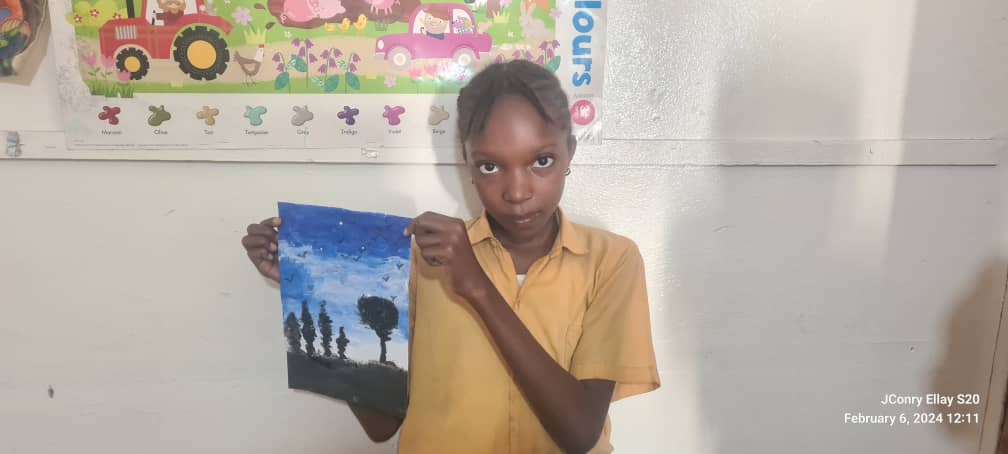
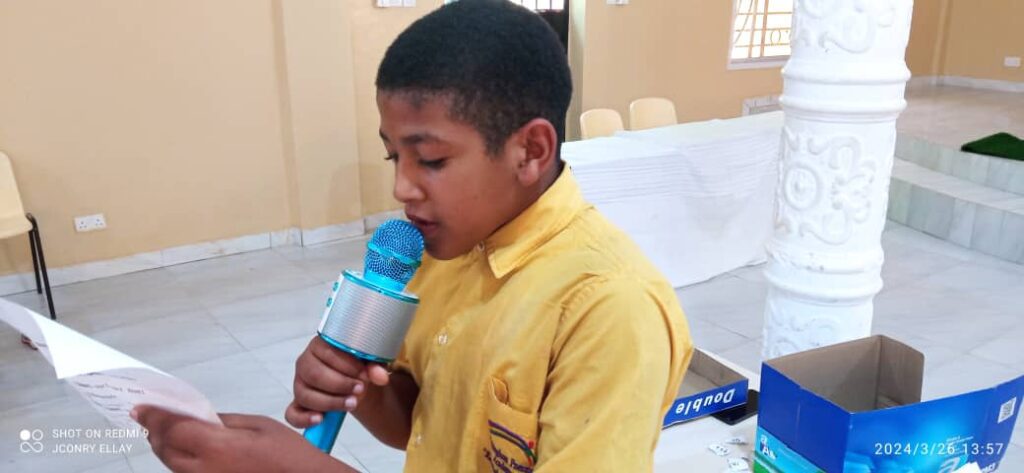
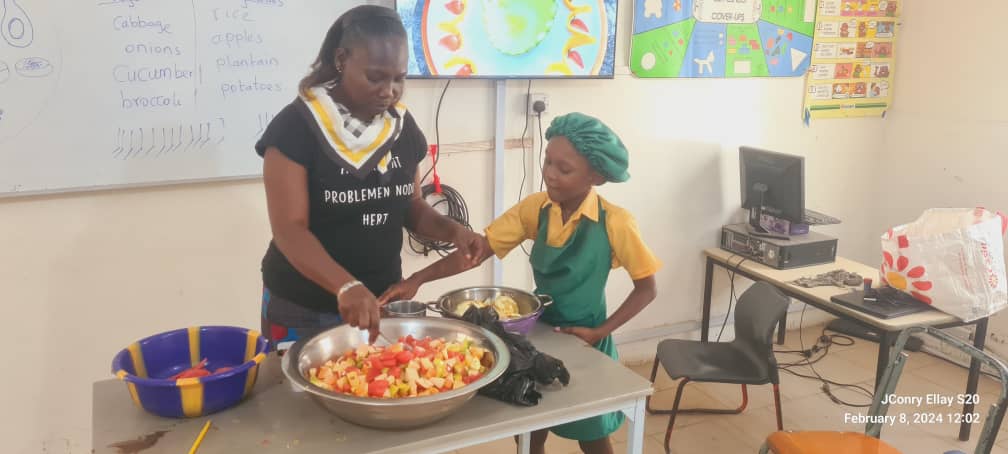
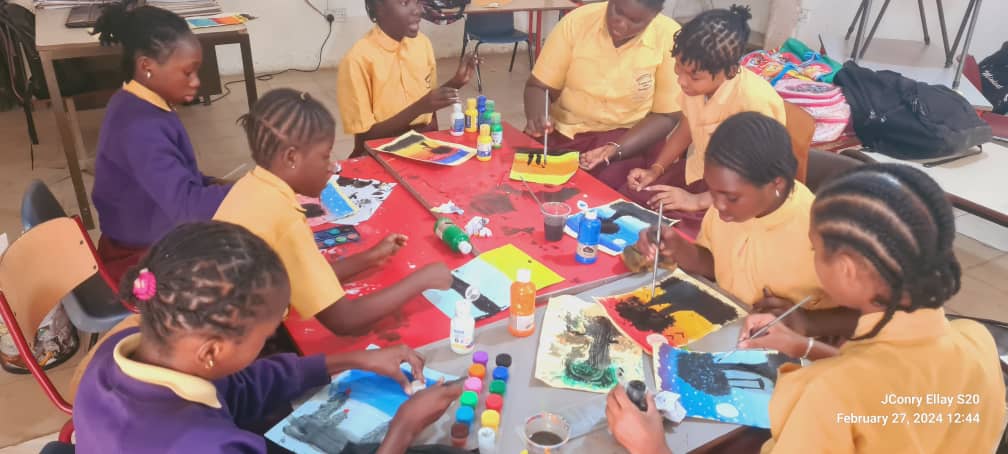
BPA
Our Teachers
We the BPA Teachers are committed, dedicated, hard working and flexible. We do our utmost best to make our learning environment comfortable and conducieve. Every Pupil/Student counts, therefore we ask all parents to have no hesitation, their children are in good hands.
